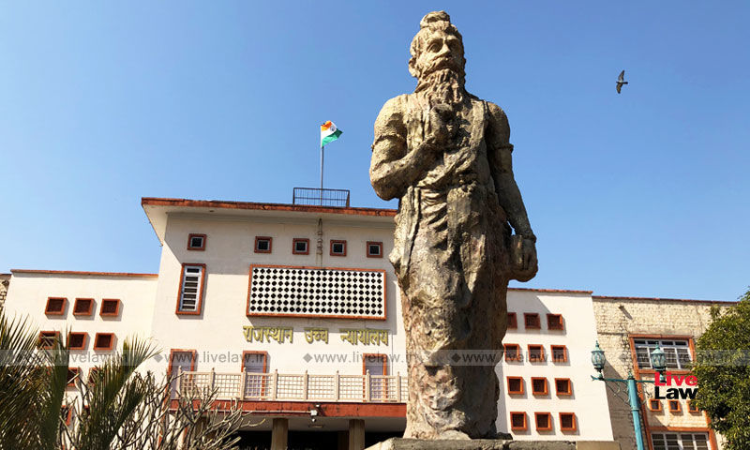Widowed Daughter-In-Law Who Is A Dependent Is Eligible For Compassionate Appointment: Rajasthan High Court
Jagriti Sanghi
4 Jan 2023 9:23 PM IST

Next Story
4 Jan 2023 9:23 PM IST
In a recent case, the Rajasthan High Court relied on Division Bench decision in Smt. Pinki v. The State of Rajasthan & Ors. (2012) to hold that widowed daughter-in-law are also eligible to compassionate appointment as a dependent under Rajasthan Compassionate Appointment of Dependents of Deceased Government Rules, 1996. “The Rules of 1996 are a beneficial piece of legislation...
